Home » Posts tagged 'canada' (Page 13)
Tag Archives: canada
Killing Free Speech in Canada
Killing Free Speech in Canada
- As has become standard in such cases, the charter contains no definition of what constitutes “hate”, making it a catchall for whatever the Canadian government deems politically inopportune. This is all exhaustingly familiar by now: Germany already has legislation that requires social media platforms to censor their users. France is working on it.
- The Conservative members of the committee… recommended instead that sanctions regarding hate crimes online or elsewhere should be dealt with under the appropriate sections of the Criminal Code. They also recommended that “The definition of ‘hate’ under the Criminal Code be limited to where a threat of violence, or incitement to violence, is directed against an identifiable group” and that “rather than attempting to control speech and ideas, the Government explore appropriate security measures to address all three elements of a threat: intent, capability and opportunity”.
- “Sickening ideologies which encourage individuals to take the lives of their fellow human beings have faced a concerning proliferation both at home and around the world. Yet sadly, Justin Trudeau and the Liberal Members of this Committee have tried to use these troubling events as a way to bolster their political fortunes. They have tried to paint anyone who doesn’t subscribe to their narrow value set as an extremist.” – Conservative Party dissenting opinion in “Taking Action to End Online Hate”.
In May, Canada launched a so-called Digital Charter, meant to promote “trust in a digital world”. The charter contains ten principles, three of which deal with “hate speech and disinformation”.
The charter, said Canadian Prime Minister Justin Trudeau, will target fake news and hate speech online. “The platforms are failing their users, and they’re failing our citizens,” he said. “They have to step up in a major way to counter disinformation. And if they don’t, we will hold them to account and there will be meaningful financial consequences.”
…click on the above link to read the rest of the article…
Changing Climate, Vanishing Old Growth Bring Increase Fire Risk for Coastal Forests
Changing Climate, Vanishing Old Growth Bring Increase Fire Risk for Coastal Forests
‘It’s getting worse,’ expert warns. ‘As the climate is shifting, these factors are becoming more extreme.’
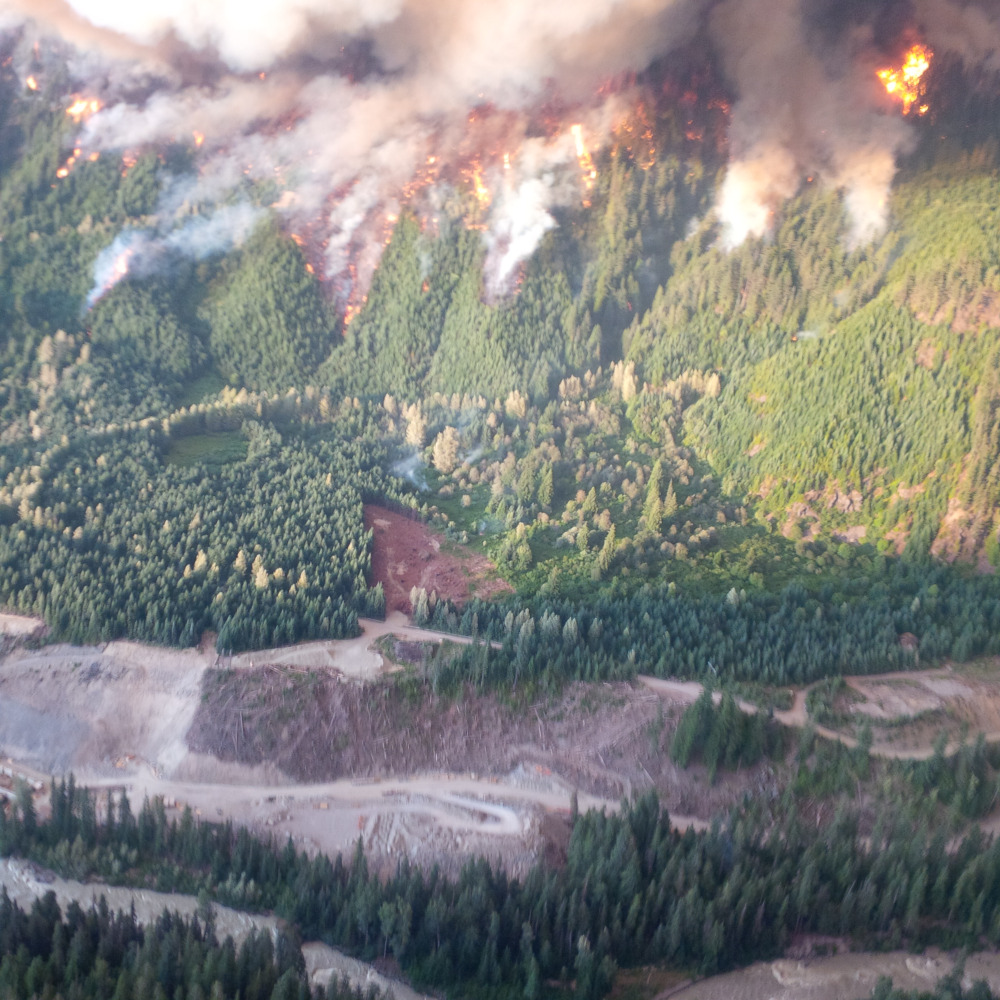
It rains in Zeballos. A lot. The village, perched at the end of a long inlet on the west coast of Vancouver Island, is surrounded by mountains and rainforest.
But despite the region’s average annual precipitation of 163 inches — more than three times that of Vancouver — the community of about 100 people was threatened when lightning sparked a wildfire last August. About 168 hectares burned over two weeks, as flames loomed over houses, and burning trees and debris tumbled down the slopes toward the village.
Within a month, evacuation orders were placed on 27 properties. Ten months later, the order still hadn’t been fully lifted because of fears the burned slopes might slide onto the community.
The fact that some of the wettest forests in North America are now considered candidates for wildfires signals the severe shifts being caused by climate change. It means that old growth trees, critical for forest resiliency and traditionally quite fire resistant, are increasingly under threat.
“We’re seeing impacts in places in coastal B.C. that are very unique, [which] speaks to the multi-year drought we’ve been experiencing,” said Lori Daniels, a professor of forestry and conservation science at the University of British Columbia.
Last week the BC Wildfire Service released a seasonal report predicting the B.C. coast — along with Vancouver Island — will experience “above normal fire conditions” this summer.
…click on the above link to read the rest of the article…
The Strange Case Of Chrystia Freeland And The Failure Of The “Super Elite”
The Strange Case Of Chrystia Freeland And The Failure Of The “Super Elite”
Canadian Foreign Minister Chrystia Freeland has become a bit of a living parody of everything wrong with the detached technocratic neo-liberal order which has driven the world through 50 years of post-industrial decay. Now, two years into the Trump presidency, and five years into the growth of a new system shaped by the Russia-China alliance, the world has become a very different place from the one which Freeland and her controllers wish it to be.
Having been set up as a counterpart to the steely Hillary Clinton who was supposed to win the 2016 election, Freeland and her ilk have demonstrated their outdated thinking in everything they have set out to achieve since the 2014 coup in Ukraine. Certainly before that, everything seemed to be going smoothly enough for End of History disciples promoting a script that was supposed to culminate in a long-sought for “New World Order”.
The Script up until Now
Things were going especially well since the collapse of the Soviet system in the early 1990s. The collapse ushered in a unipolar world order with the European Union and NAFTA, followed soon thereafter by the World Trade Organization and the 1999 destruction of Glass-Steagall (1). The trans-Atlantic at last was converted into a cage of “post-sovereign nations” that no longer had actual control of their own powers of credit generation. Under NATO, even national militaries were subject to technocratic control. This cage was perfect for the governing elite “scientifically managing” from above while the little people bickered over their diminishing employment and standards of living from below.
…click on the above link to read the rest of the article…
Inside Canada’s Outsized and Under-Scrutinized Bid to Overthrow Maduro
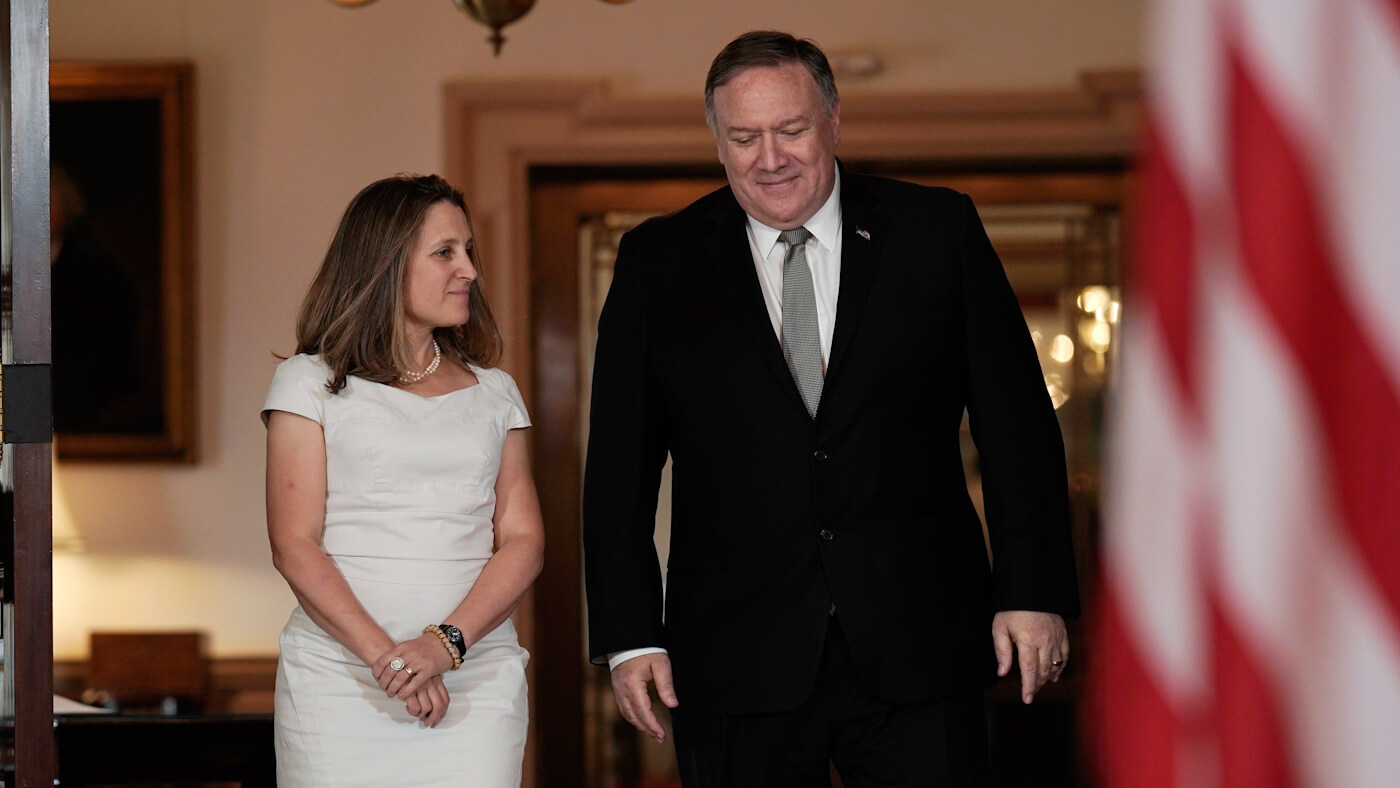
VENEZUELAN COUP
Inside Canada’s Outsized and Under-Scrutinized Bid to Overthrow Maduro
Canada has been a major player in orchestrating repeated coup attempts in Venezuela since Juan Guaido declared himself president in January.
OTTAWA — Canada’s foreign policy, under the auspices of Foreign Minister Chrystia Freeland, is bucking the country’s long standing tradition of generally staying out of the affairs of governments to its south in Latin America. Indeed, Canada has been one of the major players orchestrating repeated coup attempts in Venezuela since Juan Guaido declared himself president in January.
One opinion piece in a major Canadian publication, the Toronto Star, notes:
Almost immediately after Guaido anointed himself president, Foreign Affairs Minister Chrystia Freeland announced that he was Canada’s guy and that Maduro should cede power to him.
Maduro won’t do that without a fight. So what Freeland was really saying was that Canada would support anything, including an armed coup, to remove Maduro.”
Meanwhile, another major Canadian publication, the Globe and Mail, reports:
Foreign Affairs Minister Chrystia Freeland spoke with Juan Guaido to congratulate him on unifying opposition forces in Venezuela, two weeks before he declared himself interim president.
Separately, Ottawa was told by opposition groups, former diplomats and a Venezuelan émigré to expect a major announcement.”
That was reported based on sourcing from a “senior Canadian government source who was not authorized to speak publicly on the matter.”
Perhaps it should be no surprise that Freeland — who said she was “proud” of her grandfather, a Nazi collaborator — sympathizes with Popular Will, the political party of Leopoldo Lopez, who appears to have kept a copy of Hitler’s Mein Kampf in his library.
…click on the above link to read the rest of the article…
Trudeau’s Climate Change Policy Is Strategically Inadequate
Trudeau’s Climate Change Policy Is Strategically Inadequate
Approving a pipeline while declaring a climate emergency is ‘climate change denial with a human face.’
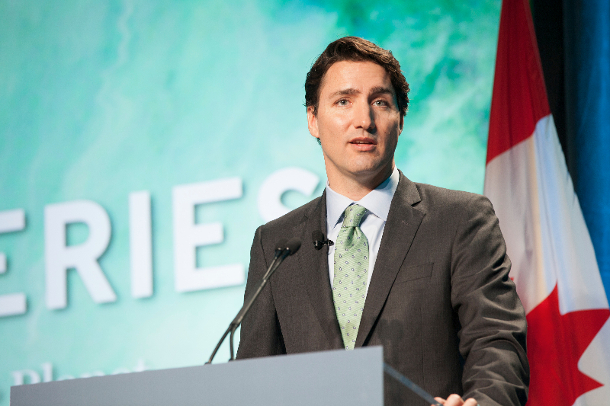
The Trudeau government’s recent actions — declaring a climate emergency and re-approving the Trans Mountain expansion project within two days — aren’t just hypocritical: they’re morally equivalent to climate change denial.
The United Nation’s authority on climate change recently recommended“rapid, far-reaching and unprecedented changes in all aspects of society” to counter an imminent crisis, and Prime Minister Justin Trudeau’s recent decisions have flagrantly ignored the UN’s counsel.
He’s bent over backwards to ensure the Trans Mountain pipeline’s expansion, propping up the project with extensive financial and rhetorical support. In the process, the Trudeau government has perpetuated the prerogatives of an industry that has funded climate change denying research and (knowingly) pollutes the planet.
Make no mistake: Trudeau’s actions represent climate change denial “with a human face,” a darker version of Czech communist leader Alexander Dubček’s 1968 description of his ill-fated liberalization program as “socialism with a human face.”
Trudeau and the Liberal party affirm the reality of global warming in theory, but they effectively deny the phenomenon in practice by facilitating a harmful status quo and belittling the urgency of radical change.The Tyee is supported by readers like you Join us and grow independent media in Canada
This is how climate change denial will increasingly look in the future: a mixture of symbolic proclamation and strategically inadequate policy.
With flooding, suffocating wildfires and abnormal temperatures across much of the country, the climate crisis isn’t just a theoretical concern for most Canadians. Global warming’s impacts are now apparent, a fact that’s reflected in a recent poll showing that over two-thirds of Canadians consider stopping climate change “a priority.”
…click on the above link to read the rest of the article…
Dear Journalists of Canada: Start Reporting Climate Change as an Emergency
Dear Journalists of Canada: Start Reporting Climate Change as an Emergency
A five-point plan for mainstream media to cover fewer Royal babies and a lot more of our unfolding global catastrophe.
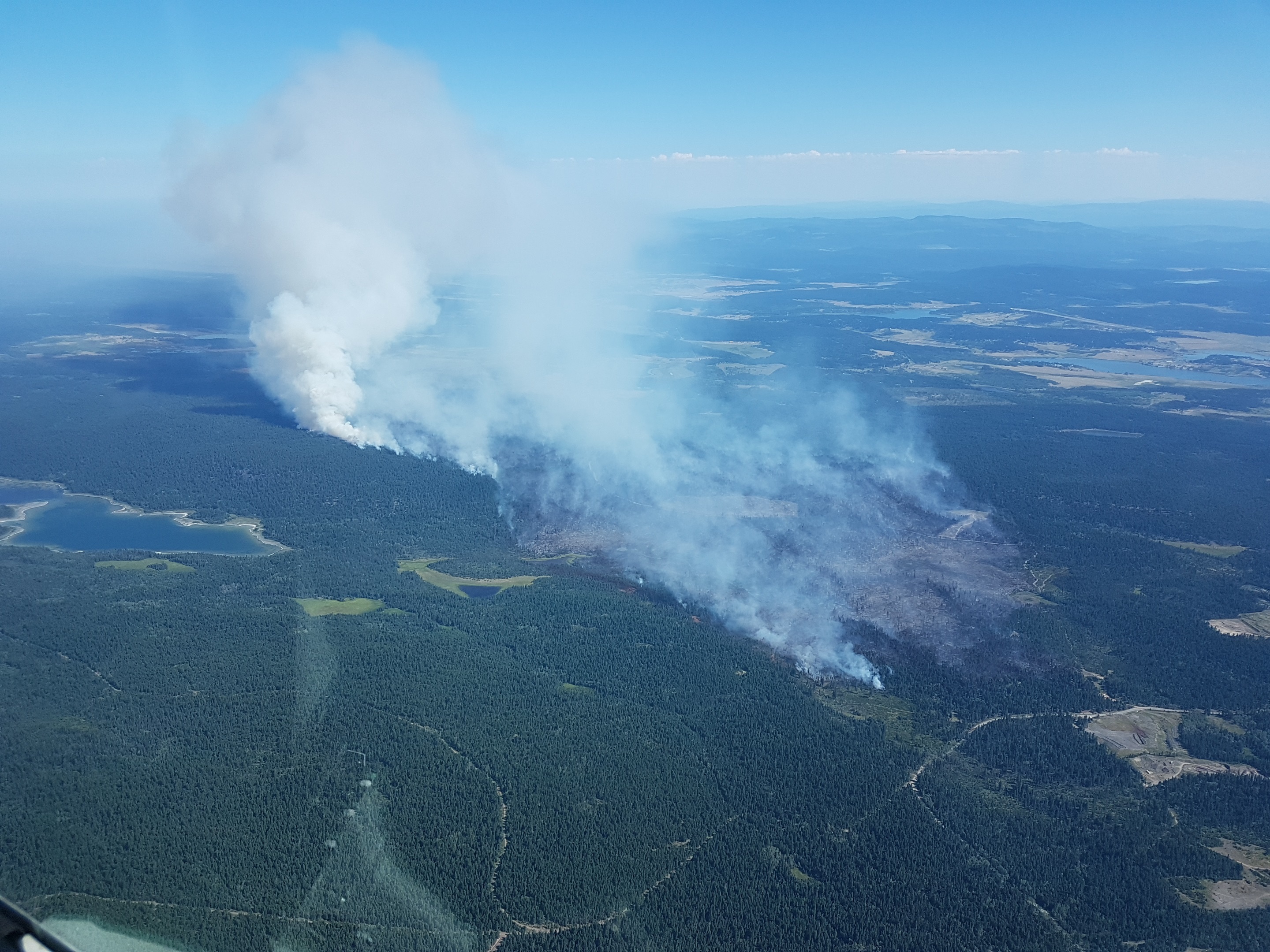
To:
Karyn Pugliese, president, Canadian Association of Journalists
Martin O’Hanlon, president, CWA Canada
Fiona Conway, president, Radio Television Digital News Association
John Hinds, president and chief executive officer, News Media Canada
Jerry Dias, national president, Unifor
Cc:
Canada’s editors, news directors, publishers and station managers
On May 6, the United Nations released a scientific report warning that around a million species are threatened with extinction due to human activity, including climate change. But, according to an analysis by Media Matters for America, on the day of that release, the nightly newscasts of ABC and NBC felt it was more important that their audiences learned about the birth of the newest Royal baby — someone who will likely never have any say over their day-to-day lives. And I’ve found most of Canada’s 15 most-read English language daily broadsheets felt the same way.
Between May 6 and 7, 13 of those newspapers failed to front stories about the United Nations’ devastating finding. Instead, the National Post ran a story about the Duke and Duchess of Sussex’s son, with 10 others teasing that birth on their front pages. Eight of the teasers were placed above-the-fold, next to a photograph, or both — drawing reader attention to pictures of Harry, Meghan and their beaming well-wishers.
…click on the above link to read the rest of the article…
Canada’s Meddling in Venezuela
Canada’s Meddling in Venezuela
Why does the dominant media pay so much attention to Russian “meddling” in other countries, but little to Canada’s longstanding interference in the political affairs of nations thousands of kilometres from our borders?
The case of Ben Rowswell illustrates the double standard well.
The current Canadian International Council President has been the leading non-governmental advocate of Ottawa’s quest to overthrow Venezuela’s government. In dozens of interviews, op-eds, tweets and ongoing speaking tour the former ambassador has put a liberal gloss on four months of naked imperialism. But, Rowswell has been involved in efforts to oust Nicolas Maduro since 2014 despite repeatedly claiming the president’s violation of the constitution two years ago provoked Ottawa’s recent campaign.
A March 2014 Venezuela Analysis story suggested the early adopter of digital communications was dispatched to Caracas in the hopes of boosting opposition to a government weakened by an economic downturn, the death of its leader and violent protests. Titled “New Ambassador Modernizes Canada’s Hidden Agenda in Venezuela”, the story pointed out that Rowswell immediately set up a new embassy Twitter account, soon followed by another titled SeHablaDDHH (Let’s Talk Human Rights), to rally “the angry middle classes on Twitter.” The article noted that “Rowswell is the best man to encourage such a ‘democratic’ counterrevolution, given his pedigree” in digital and hotspot diplomacy. According to a March 2014 Embassy story titled “Canada dispatches digital diplomacy devotee to Caracas”, just before the Venezuela assignment “Ottawa’s top digital diplomat … helped to establish a communications platform for Iranians and Iranian emigrants to communicate with each other, and occasionally the Canadian government, beyond the reach of that country’s censors.” Previously, Rowswell was chargé d’affaires in Iraq after the 2003 US invasion and headed the NATO Provincial Reconstruction Team in Kandahar during the war there.
…click on the above link to read the rest of the article…
On Climate, Does Trudeau’s Canada Play Hero or Villain?
On Climate, Does Trudeau’s Canada Play Hero or Villain?
The Tyee asked global experts, and got some surprising answers.
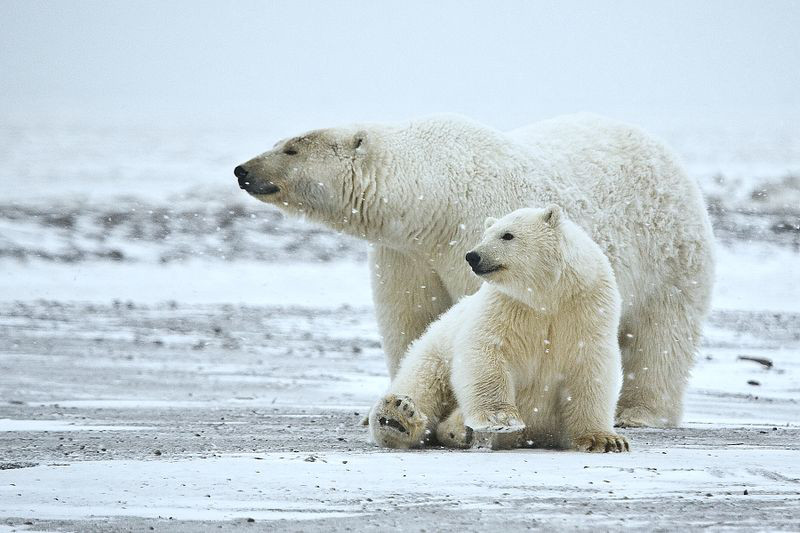
How does Canada rate in fighting climate change?
Better than most countries, especially ones where fossil fuels drive politics.
Terribly for the world, because if every country copied Canada, that would ensure climate catastrophe.
That’s the complicated picture climate policy experts in Canada and abroad shared with The Tyee.
They said Canada, while still far from where it needs to be in lowering its greenhouse gas emissions, is enacting “courageous” and “interesting” policies that are pushing global progress forward at a time when the opportunity for action is rapidly fading.
On the surface this doesn’t seem to make much sense, given that under Trudeau’s Liberal government Canada is set to miss the 2030 climate targets it agreed to at Paris, spends billions of dollars propping up the oil and gas industry (despite promising to end fossil fuel subsidies), and last year nationalized Kinder Morgan’s Trans Mountain pipeline for $4.5 billion.
But Mark Jaccard, a professor in the School of Resource and Environmental Management at Vancouver’s Simon Fraser University who has contributed to assessments from the Intergovernmental Panel on Climate Change (IPCC), says that Canada’s record on climate change is more complex and productive than most people realize.
“It seems to me people get so focussed on the Trans Mountain pipeline as a symbol that the federal government has failed on climate policy, without paying attention to the actual policies and comparing them to the rest of the world,” he told The Tyee. “When you do that, we’re among the leaders.”
…click on the above link to read the rest of the article…
Canada’s Minister of Defence is an Arms Pusher
Canada’s Minister of Defence is an Arms Pusher
Would it surprise you to learn that Canada’s minister of defence is an arms pusher?
Last Friday members of Mouvement Québécois pour la Paix interrupted a $135-a-plate luncheon to confront defence minister Harjit Sajjan. At an event sponsored by SNC Lavalin, Bombardier, Rio Tinto, etc., we called for cutting military spending, for Canada to withdraw from NATO and an end to weapons sales to Saudi Arabia.
While Sajjan’s responsibility for NATO and military spending are straightforward, his role in fueling the Saudi led war in Yemen is less obvious. But, the Department of National Defence (DND) plays a substantial role in Canadian arms exports to Saudi Arabia and elsewhere.
As he did the last three years, Sajjan is set to speak at the CANSEC arms bazar in Ottawa later this month. For more than two decades the annual Canadian Association of Defence and Security Industries (CADSI) conference has brought together representatives of arms companies, DND, Canadian Forces (CF), various other arms of the federal governmentand dozens of foreign governments. In 2018 more than 11,000 people attended the two-day conference, including 16 MPs and senators and many generals and admirals.
The corporation supplying Saudi Arabia with more than $10 billion in Light Armoured Vehiclesproduces the same LAVs for the CF. In a 2012 Canadian Military History article Frank Maas writes, “the CF has continued to purchase LAVs because they have been successful in the field, and they support a domestic producer, General Dynamics Land Systems Canada (GDLS-C), that cooperates closely with the military.” GDLS’ London, Ontario, operations exist largely because of interventionist military industrial policy. A 2013 Federal government report on “Leveraging Defence Procurement Through Key Industrial Capabilities” lists GDLS as one of three “Canadian Defence Industry Success Stories.”
…click on the above link to read the rest of the article…
A “Cancer On Our Economy”: Report Finds Over $7 Billion Laundered Through British Columbia In 2018
A “Cancer On Our Economy”: Report Finds Over $7 Billion Laundered Through British Columbia In 2018
It may have taken a while, but now that housing prices are starting to crash in Vancouver, BC legislators are finally starting to get wise to the fact that the province has been a hot bed for money laundering. It was an easy problem to ignore with prices on the way up, but on the way down – not so much.
And so an independent report released on Thursday concluded that an astounding $7.4 billion was laundered in British Columbia in 2018, out of a total of $46.7 billion laundered across Canada throughout the same period. The report was published by an expert panel led by former B.C. deputy attorney general Maureen Maloney.
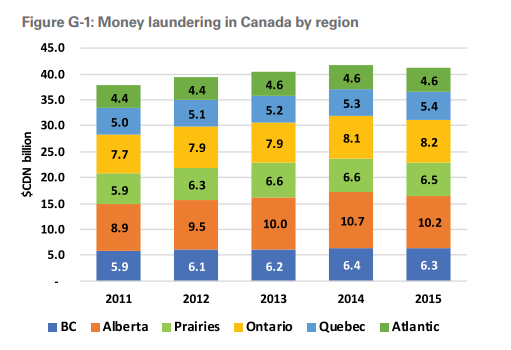
Attorney General David Eby told a news conference Thursday:
“Wealthy criminals and those attempting to evade taxes have had the run of our province for too long,to the point that they are now distorting our economy, hurting families looking for housing, and impacting those who have lost loved ones due to the opioid overdose (crisis).”
The reports come after the government commissioned them to try and shed light on laundering by organized crime in BC’s real estate market. This follows last June’s report on dirty money in casinos, which we also wrote about just days ago.
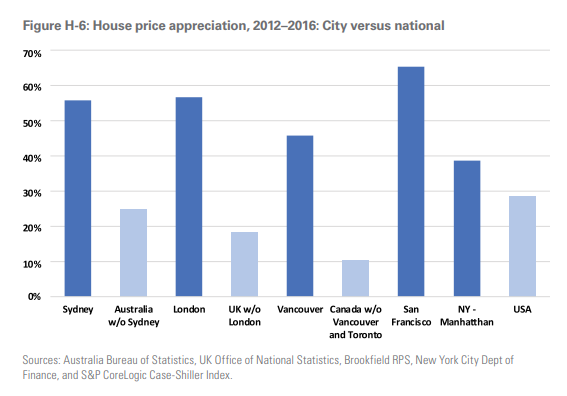
RCMP commissioner Peter German was commissioned to write the report on real estate, and he concluded that illicit money is what led to “a frenzy of buying” that caused housing prices to spike around Metro Vancouver. The report concludes that there are thousands of properties worth billions at high risk for money laundering.
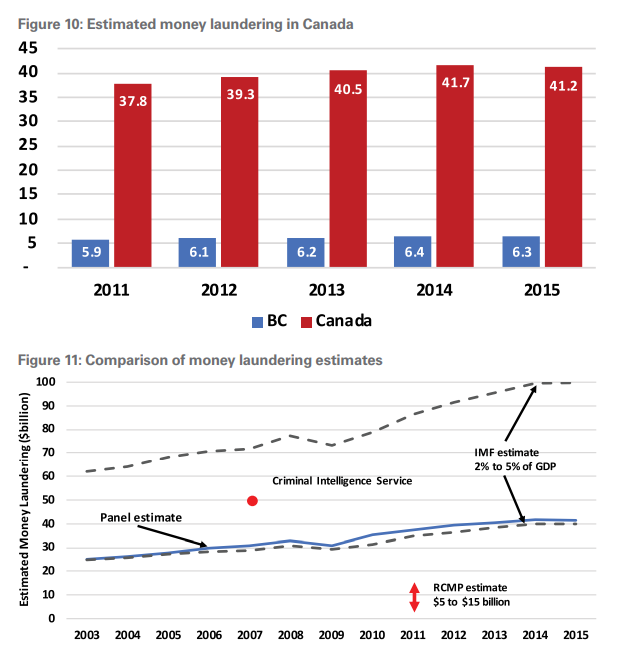
The Origins of the Deep State in North America
The Origins of the Deep State in North America
- Part one: The Rise of the Round Table Movement and the Sad Case of Canada (1864-1945).

“Two systems are before the world; the one looks to increasing the proportion of persons and of capital engaged in trade and transportation, and therefore to diminishing the proportion engaged in producing commodities with which to trade, with necessarily diminished return to the labor of all; while the other looks to increasing the proportion engaged in the work of production, and diminishing that engaged in trade and transportation, with increased return to all, giving to the laborer good wages, and to the owner of capital good profits… One looks towards universal war; the other towards universal peace. One is the English system; the other we may be proud to call the American system, for it is the only one ever devised the tendency of which was that of elevating while equalizing the condition of man throughout the world.”
-Henry C. Carey (Lincoln’s advisor), Harmony of Interests, 1856
The British Hand Behind the Deep State Today
With the election of Donald Trump in November 2016, it has become apparent for that America isn’t what many thought it was.
Suddenly, for the first time since the assassination of John F. Kennedy in 1963, there was no longer one America but rather two opposing forces within America itself, and the question was raised “which is the real America and what is it that Trump was re-activating?”
Here was a political leader who wasn’t from the technocratic establishment, and who campaigned to work with Russia and China, end regime change wars, reverse the nation-killing effects of NAFTA, reviving the JFK-era space mission and even discussed restoring Glass Steagall.
…click on the above link to read the rest of the article…
Wildly Underestimated Oilsands Emissions Latest Blow to Alberta’s Dubious Climate Claims
Wildly Underestimated Oilsands Emissions Latest Blow to Alberta’s Dubious Climate Claims
As disaster looms, petro province lets industry call the shots.
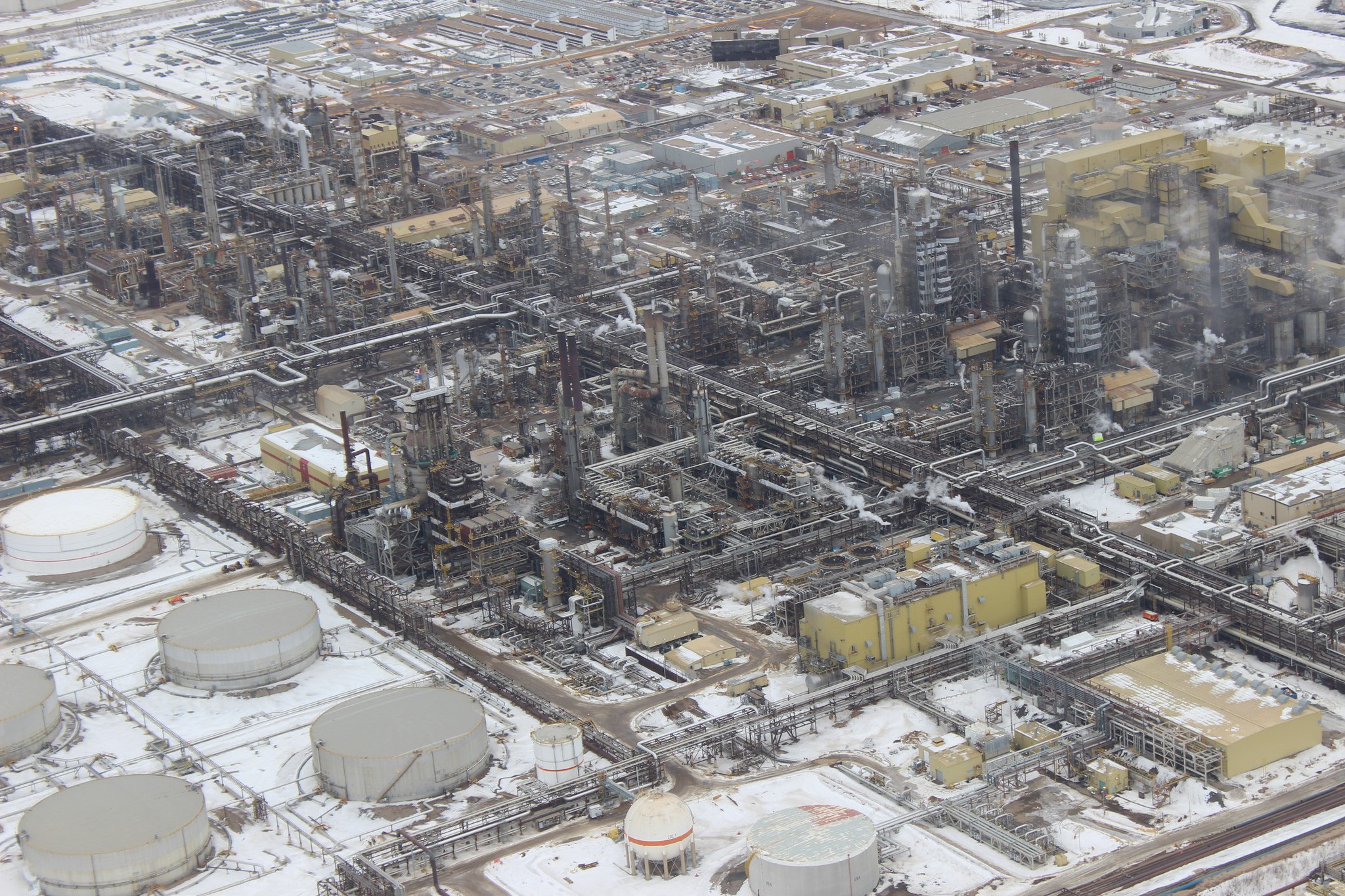
Trust us. That has long been the message from the oil sector to the Alberta public, which seems to have little choice in the matter.
In a bizarre arrangement, the Alberta oil patch pays for its own oversight through the Alberta Energy Regulator — a regulatory body 100-per-cent funded by the fossil fuel sector. What could go wrong?
The latest boondoggle was revealed by an Environment Canada studypublished in the prestigious journal Nature Communications. It showed the methodology that energy companies have used for years to calculate carbon dioxide and methane emissions from oilsands surface mining operations underestimated contributions to global warming by a whopping 64 per cent.
This eye-popping number was the result of airborne sampling over four of the largest bitumen mines in 2013 to test the accuracy of the industry’s self-reporting methods. The company figures are based on “bottom-up” calculations using the measured amount of fuels consumed in their operations. The “top-down” sampling by Environment Canada was based on actual measurements of carbon dioxide levels collected over these projects.
Emission measurements are complicated, and there are bound to be some differences in results.
However, the results from Environment Canada’s airborne testing were not even close. Suncor’s Millennium and North Steepbank mines had emissions 13 per cent higher than the company had reported. Two bitumen mines operated by Canadian Natural Resources were both about 36 per cent higher. And emissions from Syncrude’s Mildred Lake mine were 125 per cent higher — more than double — the level the industry reported.
…click on the above link to read the rest of the article…
Legal Weed In Canada Struggles To Compete With Black Market
Legal Weed In Canada Struggles To Compete With Black Market
Six months after Canada became the first country in the developed world to legalize marijuana, legal sales of dried cannabis flower went up in smoke as consumers shifted to illicit markets.
A marijuana shortage left the industry in shock earlier this year and caused concerns that Canadian cannabis producers were not properly structured to handle the massive demand from the Canadian marketplace.
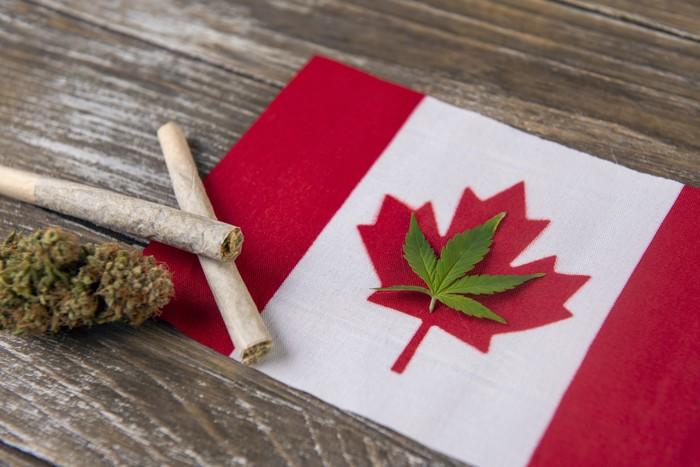
As a result, a majority of marijuana sales in the country — approximately $5 billion — were transacted on the black market, compared to $2 billion in legal sales, according to new government data from January 2019.
Pot smoking Canadians purchased 6,671 kilograms of legal cannabis in February, down 9% from January, and the lowest amount since October when 6,415 kilograms were sold, according to Health Canada.
While the legal cannabis market has been hit with supply chain bottlenecks and overpricing, the black market continued to flourish into 2Q.
Canadians paid 57% on average more for legal cannabis than they did from their drug dealer, according to the data.
Since October [the month when pot became legal], consumers purchasing legal cannabis paid $7.47 per gram on average, compared with buyers on the black market who paid an average $4.70 per gram.
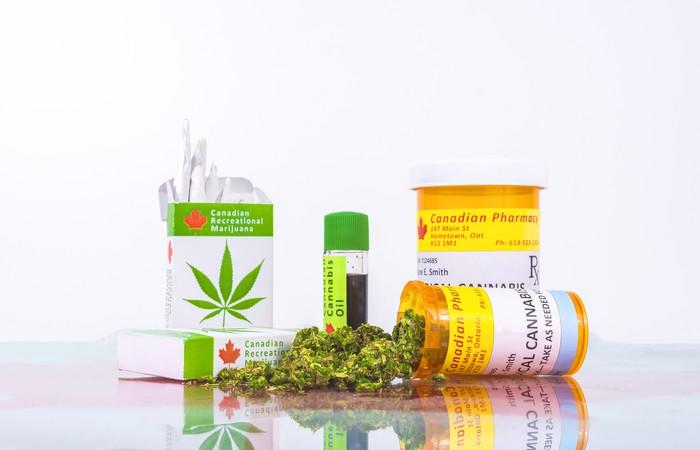
Industry experts believe the illicit cannabis market will continue to expand by offering affordable weed to all.
“As long as that price differential exists, there will likely be a black market – because people will go to where they can get a deal,” Rosalie Wynoch, a policy analyst at the CD Howe Institute, a conservative think tank, told the Guardian. “The government was aware that it wouldn’t fully displace the black market on day one.”
A recent survey of 500 pot smokers conducted by BMO Capital Markets found that 35% of all respondents indicated they have purchased legal cannabis. BMO’s survey responses also suggest that muted legal sales were due to supply shortages and overpricing.
Ahead of legalization last October, Prime Minister of Canada Justin Trudeau, emphasized that legal pot would eliminate the black market. Unfortunately, Trudeau has been terribly mistaken as the illicit market continues to expand.
“Psychologically, They’re Ill-Prepared” – Canadian Chaos Looms
“Psychologically, They’re Ill-Prepared” – Canadian Chaos Looms
I’m your huckleberry
“U.S. hedge funds from time to time have appeared in this country over the last 10 years, with the same hypothesis of shorting Canadian banks, and it hasn’t worked out very well for them,” Brian Porter, CEO of the Bank of Nova Scotia, said yesterday. “There are always going to be those that take an opposing view, and we’ll prove them wrong over the long term.”
Gabriel Dechaine, banking analyst at the National Bank of Canada, likewise came to his industry’s defense in a note today:
“A trend that is making us believe that sector sentiment is becoming too bearish is the re-emergence of a vocal ‘short Canada’ investment crowd.”
Dechaine writes that a Stanley Cup victory for the woebegone Toronto Maple Leafs (last title, 1967) is more likely than a jump in loan losses.
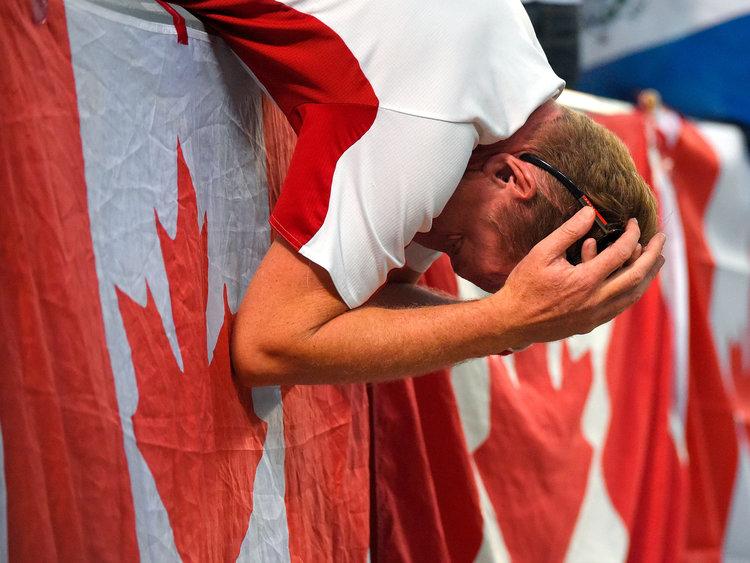
One well-known investor is publicly taking the challenge: Steve Eisman, portfolio manager at Neuberger Berman and a protagonist in Michael Lewis’ The Big Short.
“Canada has not had a credit cycle in a few decades and I don’t think there’s a Canadian bank CEO that knows what a credit cycle really looks like,” Eisman, who is short various Canadian banks and mortgage lenders, fired back in an interview yesterday with BNN Bloomberg television.
“I just think psychologically they’re extremely ill prepared.”
While Canadian bank advocates and their skeptics exchange words, the formerly-white hot housing market is now in deep freeze. March sales in Vancouver collapsed by 31.4% year-over-year according to the local real estate board, the worst showing since 1986 and down 46% from the 10-year average for March. Prices also lurched lower, with the benchmark detached home price falling 10.5% year-over-year to C$1.44 million ($1.08 million). Things are more stable in Toronto, where March sales and benchmark prices were little changed from a year earlier, but those figures remain 40% and 14% below their respective levels from March 2017.
…click on the above link to read the rest of the article…
Five Reasons to Care about RCMP Monitoring Your Social Media
Five Reasons to Care about RCMP Monitoring Your Social Media
Surveillance is going ahead without oversight or accountability, for one.

You should care, even be scared, by The Tyee’s reports on the RCMP’s “Operation Wide Awake,” a secretive and unsupervised social media monitoring operation.
We’re already deep into a new era. Police — and businesses and other organizations — have the ability to track citizens in ways unimagined even a decade ago. Social media, the internet, cellphones, algorithms and analytics have given the state extraordinary power to monitor what you think and predict what you might think or do.
And governments have taken no effective steps to protect citizens from round-the-clock, random surveillance in the internet age. They have quietly surrendered our rights.
The Tyee’s Bryan Carney revealed the RCMP’s Operation Wide Awake, its expansion, and the lack of oversight to protect Canadians’ rights.
The RCMP, Carney reported, had launched a sweeping project to monitor Canadians’ internet use, especially social media. At first, the goal was to help investigators solve crimes. Then the police decided to expand the monitoring to try and assess whether people might commit crimes.
Basic privacy considerations around the expanded program have not been completed.
Why should that scare you?
First, this is a whole new kind of surveillance. Even a decade ago, police had few options for tracking citizens. They could intercept mail or tap a phone line, if the court approved a warrant. Officers could interview neighbours or infiltrate groups they thought might be a threat.
But between legal safeguards and the practical challenges, mass monitoring was impossible.
Operation Wide Awake shows how much that has changed. The RCMP bought social media monitoring technology from Salesforce via Carahsoft, a big U.S. corporation supplying governments with technology.
…click on the above link to read the rest of the article…



